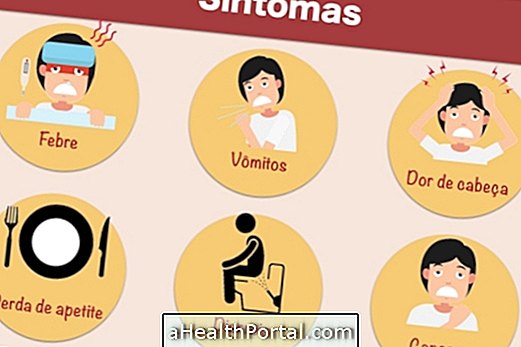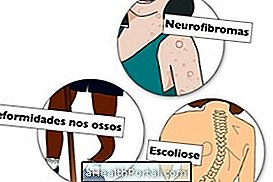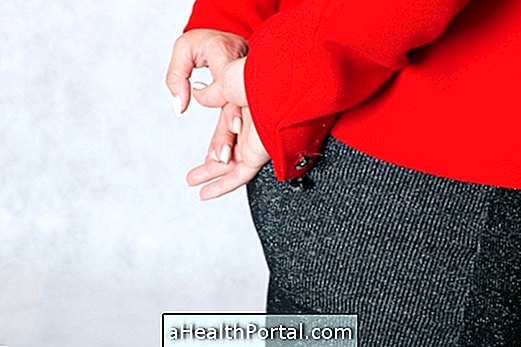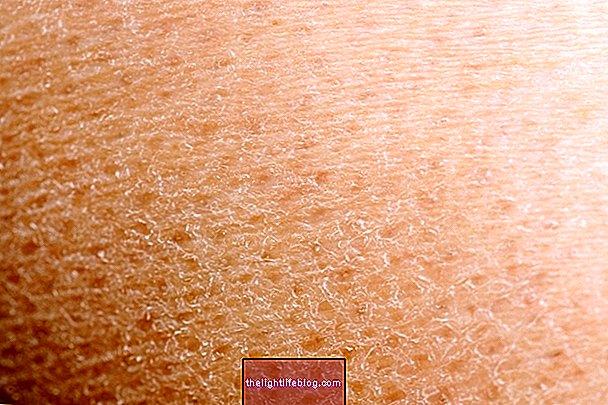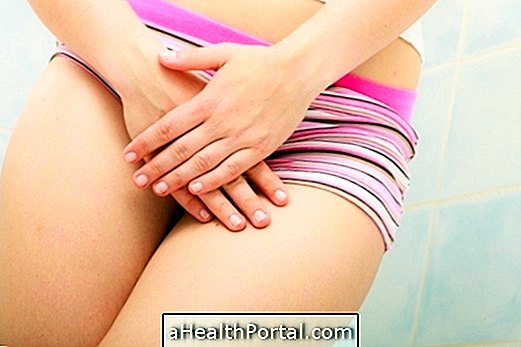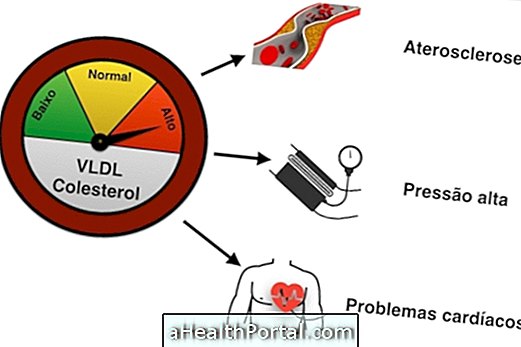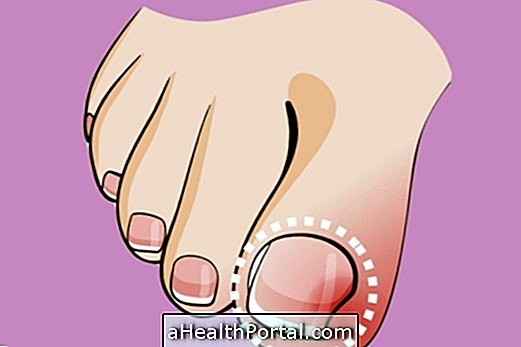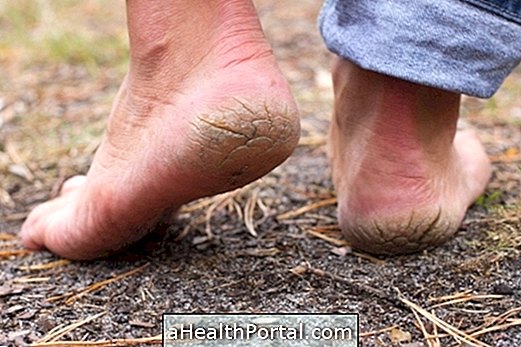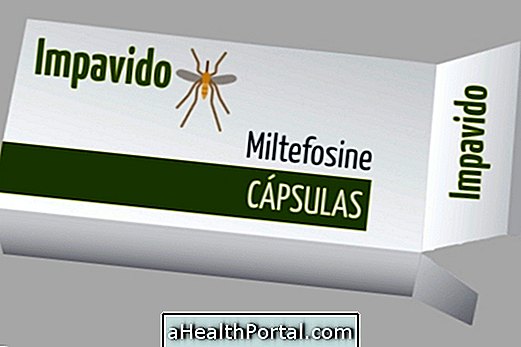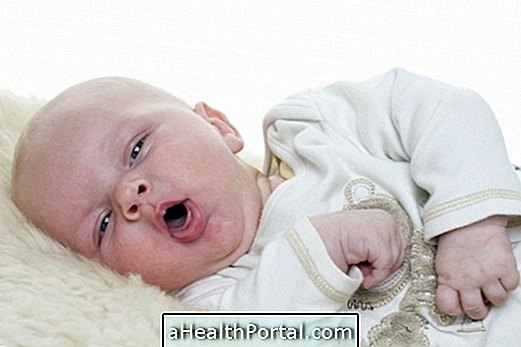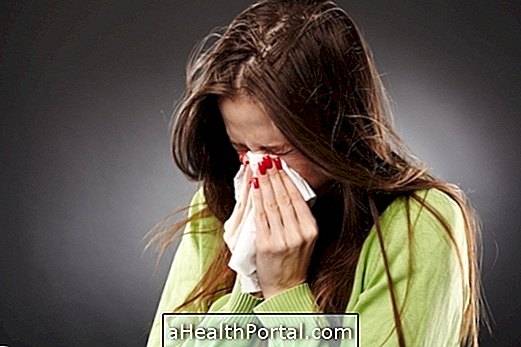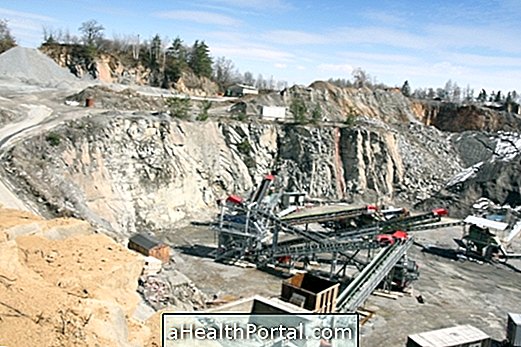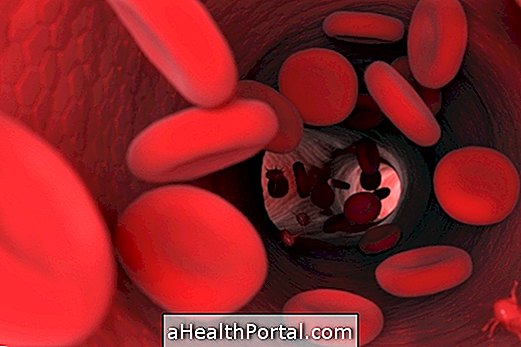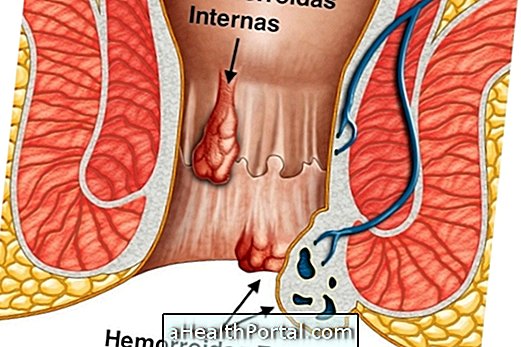Acute diverticulitis arises when inflammation of the diverticula occurs, which are small pockets that form in the intestine.
The most common symptoms are listed below, so if you think you may have acute diverticulitis, mark what you feel to know the risk of having this problem:
- 1. Pain in the left side of the belly that does not pass Yes No
- 2. Nausea and vomiting Yes No
- 3. Swollen belly Yes No
- 4. Fever above 38 ° C with chills Yes No
- 5. Loss of appetite Yes No
- 6. Alternating periods of diarrhea or constipation Yes No

When these symptoms occur, you should go to the emergency room or consult a gastroenterologist to perform tests such as CT scan, ultrasonography or colonoscopy to diagnose the problem and initiate appropriate treatment.
Generally, diverticulitis is more common in people over 40 years of age who have diverticulosis, constipation, or being overweight. In addition, if there are cases of diverticulosis in the family, there is also a greater risk of having diverticulitis.
How is the treatment done?
Treatment for acute diverticulitis should be guided by a gastroenterologist or a general surgeon and can be done at home with antibiotic medicines for about 10 days and the ingestion of analgesic remedies to reduce abdominal pain.
During treatment for diverticulitis it is recommended to maintain rest and initially for 3 days to make a liquid diet by slowly adding solid foods. After treating diverticulitis, it is important to make a diet rich in fibers, directed by a nutritionist, in order to improve the intestinal functioning and prevent the diverticula from inflaming again. See our nutritionist tips:
In more severe cases, in which diverticula perforate, which can lead to complications such as peritonitis or generalized infection of the organism, surgery can be used to remove the affected region. Learn more about treatment for diverticulitis.
What are the main causes
The causes of diverticulitis are not yet known, but there are some factors that increase an individual's risk of developing diverticula in the gut and hence inflammation and diverticulitis, such as:
- Be over 40 years old;
- Make a diet rich in fat and low in fiber;
- Having obesity;
- Do not practice physical activity regularly.
In order to evaluate if there are already diverticula, a colonoscopy should be done to evaluate the entire interior of the intestine. Check out how this exam works and how to prepare.

